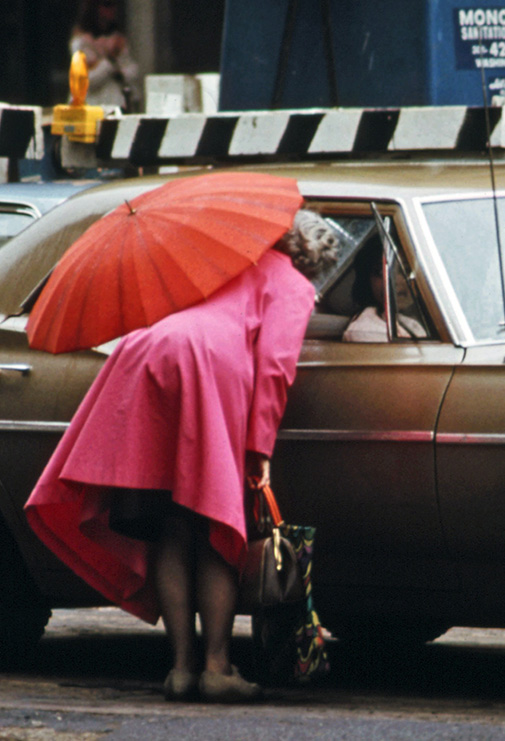- Vol. 10
- Chapter 09

The Undocumented Escapades of Lizzie
Lizzie would often escape the hemmed-in stuffiness of the big house. Nipping out the back door, swinging a left, she melded seamlessly into the bustling pedestrians of London. A smile would lift her cheeks, revelling in the adventure and ongoing deception of her minders.
She tried accents on, just as she did the numerous second-hand raincoats of charity shops. She was everyone: Orcadian, Corkonian, Yorkshire lass. She was East-End with the occasional Russian expletive. She adored uncoiling her lips and teasing her mouth around the wide and expansive continents of vowels. Sometimes she adopted a lisp which, she agreed (with herself), did much to enhance the sibilance of consonants.
It was always too formal at home with the constant stream of visitors to entertain. There was only so much a lady could take; the five course dinners, the obligatory lifting of the pinkie while sipping Earl Grey from gold-rimmed cups. The endless shaking of hands, the photographs, and nodding along to yet another boring monologue. She had had enough. She wanted to taste real life or at the very least to be able to sip a Guinness and munch crisps while playing dominoes with that nice Jamaican gent who frequented O’Dowds.
And so ensued her weekly abscondments.
She took the bus to Battersea Dog’s Home, donated rainbow collars and leads, swooned over the crossbreed-corgis.
In cafés, she devoured bacon butties while condensation spilled down the insides of windows.
‘Cuppa tea is it love?’
The Undocumented Escapades of Lizzie
‘Awl ryt, darlin’. Two sugars,’ she would reply, (quietly jubilant at her enunciation).
She was a pro, her Sainsbury’s shopping bag brimming with Spam and bunches of flowers which she would gift to female taxi drivers stuck at traffic lights.
At Charing Cross station, she dreamt of being Celia Johnson in that David Lean film. She shared her Ploughman’s with the pigeons: careful not to feed them pickles.
Oh, and how she would laugh at the articles of well-thumbed gossip magazines while sitting on the orange plastic seats of the launderette. She often watched the shape of clothes as they gathered up speed in the machines or folded babygro’s for the mothers who wore baby spit on their shoulders.
She had tasted escape once in her younger years. V-E Day, 1945— what a night. The city alight for the first time in years. No more blackouts, no more raids. Herself and her sister pushing through crowds, raiding the Ritz and dancing the conga with local lads who swapped their soldier caps for a kiss.
Lizzie only ever wanted two things: the chance of an ordinary life, and to show kindness to strangers.
